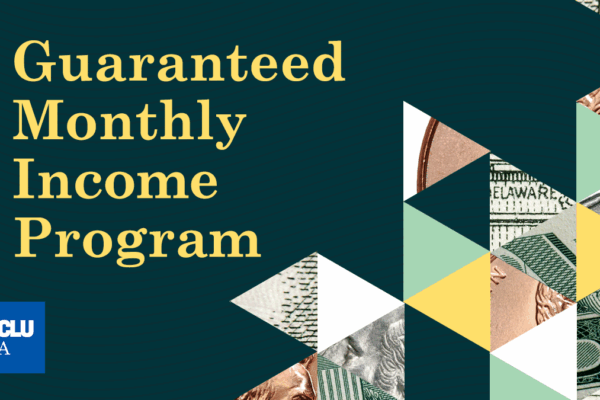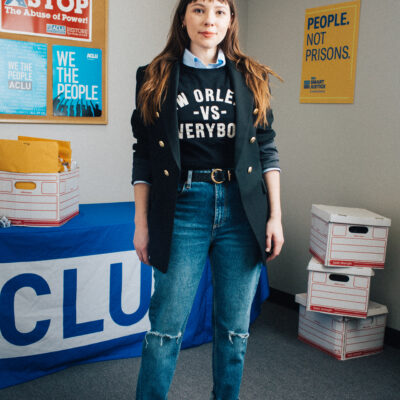“Recruit wealthy board members,” advised an eight-figure donor at a lunch for nonprofit professionals. “Most make philanthropic decisions based on how involved they are with an organization, and whether it benefits their children.” Or through peer pressure. She said her circle of friends often marshall significant resources for favored institutions with a few quick calls.
This luncheon took place in New Orleans, where many university and office buildings are named for tycoons who trace their wealth to the city’s historic plantation economy. Outside these structures, instead of wealth, the legacies of slavery, Jim Crow, separate but equal, and redlining close in on us. In 2021, Black households in New Orleans had median incomes that were 64 percent less than White households ($30,292 compared to $83,727). This year, one-third of Black residents live below the federal poverty line—just over $5,000 per household member per year.
Once home to the largest slave port in the country, Louisiana now has the highest police-to-resident ratio of any state in the country, and the highest incarceration rate in the world. At Louisiana State Penitentiary (Angola Prison) men—the vast majority of whom are Black—pick cotton and other crops on 18,000 acres of land that was formerly a slave plantation. They make two cents an hour, and 75 percent of them will die in Angola’s hospicefamed for its size and scale - because of our long sentences. In every metric—housing, health, maternal mortality, education—racial disparities in our state shock the conscious.
While these legacies seem insurmountable, make no mistake that the collective power of American giving is tremendous. Consider this: The federal government spent $36 billion on education in this current fiscal year. Americans gave almost $500 billion last year to causes, organizations, institutions and people they care about.
We have the power to change our future and acknowledge the past with these tremendous levels of giving. But to do so, we must ask, and heed the research on, What is owed? What have the decisions of the past--ignored for too long--created in our present state that must be undone?
I asked the donor if she had ever considered giving through a lens of reparative justice. She paused and raised an eyebrow. “That’s an important question. We’ve tried to discuss it with friends, but no one wants to feel guilty. You’re better off working with the next generation.” She implied that the youth who would be inheriting ill-gotten wealth may feel more comfortable addressing its origins.
Indeed, no one wants to feel guilty, and yet, many of us from all generations do not want to wait to shape a new present. We want equal protection under the law to be fully realized; we want bodily autonomy, self determination, and for all people to be treated with dignity. We cannot choose whose legacy we embody, nor the color of our skin. We can choose to acknowledge that our country owes a great debt to Black and Indigenous people, and we can lay our resources at the feet of these communities whose land and labor was stolen.
I have seen first-hand the joy that giving towards reparations can bring. Over the last year, the ACLU of Louisiana has worked with siblings Buck and Gracie Close to research and document the truth about their family’s history as enslavers, and to study the arc of slavery to mass incarceration and racist policing. Through that work, we launched a Guaranteed Income Program that seeks to transfer wealth from people who’ve benefited from slavery, to those who suffer from its vestiges.
The people who are receiving the guaranteed income are among the most generous, determined, hard-working, and visionary people I’ve encountered. All are survivors of racist and unconstitutional policing who participate in our community narrative program. Our hope is that this pilot guaranteed income program will be replicated and scaled across the South, to address what is owed—not just by the descendants of enslavers, but by all of us who benefit from a racial caste system that we inherited and want to dissolve.
Imagine if collectively, we organized our money to heal this country of its legacies of injustice? We can start now by digging deeper into our pockets to support BIPOC-led organizations and institutions—especially those that are under-resourced and do grassroots work. We can also give directly to people and families in our communities, without expecting anything in return. This giving season, consider what is owed, and make your decisions accordingly.


